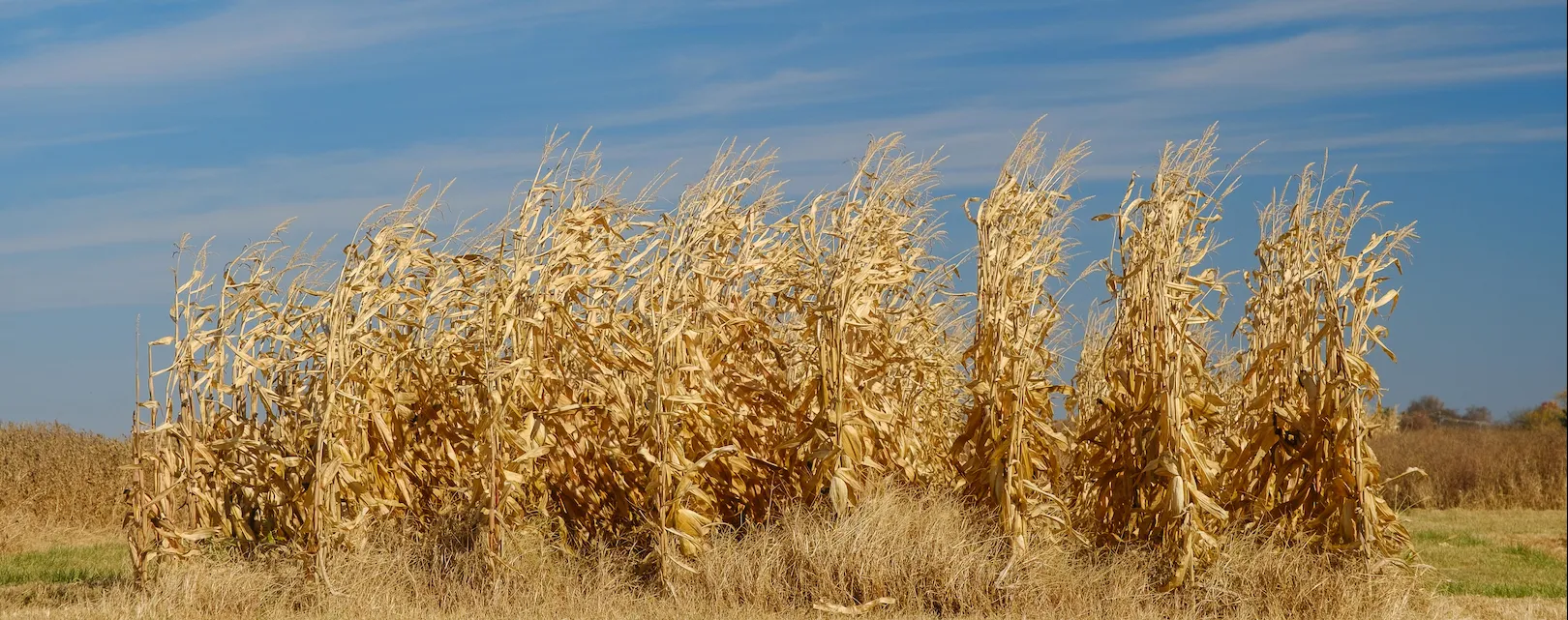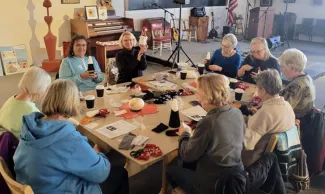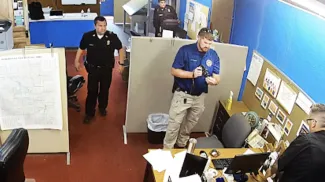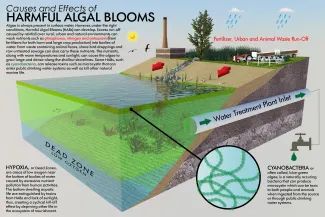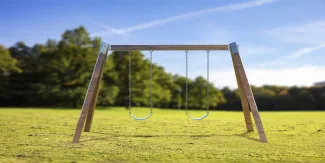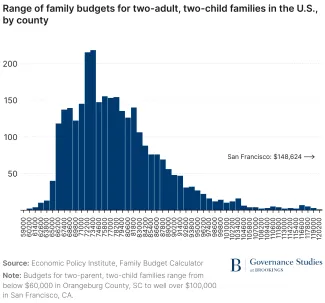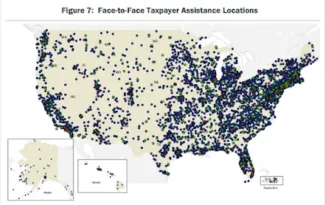Part of rural living's appeal can be its wide open spaces with big skies and swaths of uninhabited land. While people may relish country living, it can be socially isolating and lonely, which isn't a healthy state for most people. In Madison, Minnesota, pop. 1,518, Dr. Hannah Fields, the town's family physician, is experimenting with a new prescription for some of her patients.
It has been almost a year since the Marion County Record was raided by police supposedly investigating charges of identity theft and illegal use of a computer by the Kansas weekly newspaper. In the process of confiscating newsroom property, the city's chief of police, Gideon Cody, injured Record reporter Deb Gruver's hand . . . . Gruver has reached a $235,000 settlement as part of a lawsuit she filed over the search, which set off a national discussion about press freedoms."
Access to a firearm can mean a person at the crossroads of ending their own life will succeed. Even though many other means of suicide exist, almost none are more predictably final. Psychiatry researcher Jeffrey W. Swanson looks at how extreme risk protection order laws prevent suicides and how they intersect with gun rights.
When Midwestern farming states steer around conservation practices and use more synthetic fertilizer and manure, their crops' run-off flows into the Mississippi River and contributes to the Gulf of Mexico's 'dead zone.'
Some rural populations have continued to shrink, leaving towns that were once vibrant places facing an uncertain future.
Many Americans may look to the federal poverty rate as a way to measure how many U.S. citizens are living in need. Unfortunately, that snapshot is "just the tip of the iceberg," writes Jeffrey C. Fuhrer of Brookings in his blog. Fuhrer outlines why the the poverty rate, which doesn't vary from place to place, is a "woefully incomplete measure of economic need.
On June 28, the National Newspaper Association delivered letters from more than 200 newspaper titles to the Postal Regulatory Commission, complaining about inadequate mail delivery and escalating postage rates. The comments were part of a review by the PRC of its postal rate regulations, which it is required by Congress to do periodically.
Many journalists think the American public does not trust the news because of perceived political biases in coverage. A new study suggests that view may be wrong, writes lead researcher Jacob L. Nelson for The Conversation, a journalistic platform for academics.
A watchdog report published last week offered new insights on how the IRS can better use the nearly $58 billion in funding from the 2022 Inflation Reduction Act to improve taxpayer services for underserved, underrepresented and rural individuals.
